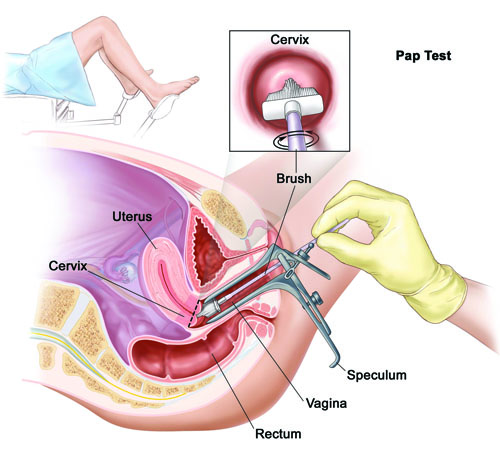Dr Sagarika Agarwal
Sometimes the cause of infertility can be attributed to congenital anomalies (birth defects) of the uterus. Other than infertility, they can cause recurrent miscarriages and create difficulties in carrying a pregnancy to term. Abnormal uterus may affect a woman’s chance of getting pregnant. Infact, around 10% of all cases of female infertility are caused by an abnormal uterus. Sometimes, defects of the uterus can occur during the development period of foetus in utero. Like other organs in the body, a woman’s reproductive organs form while she is still a foetus inside her mother’s uterus. Any defect in the development of uterus and fallopian tubes is referred as “Mullerian anomalies”. There are many types of mullerian anomalies, right from the absence of uterus to complete duplication of the uterus, cervix, and vagina (didelphys), etc.
What is an abnormal uterus?
A small number of women have a uterus that differs from the normal in structure and contour rather than position. This is called an abnormality of the uterus, or uterine anomaly.
In women who seek help for infertility, the rates of uterine abnormalities are estimated to be up to one in 20 women. Uterine abnormalities generally do not affect a woman’s ability to become pregnant. Infact, many a times women fail to even realise that they have an abnormality till they have repeated miscarriages or have preterm delivery. In case of repeated, unexplained miscarriage a uterine anomaly may be suspected. Uterine anomalies can be diagnosed accurately, and often can be corrected making it possible for a woman to have healthy course of pregnancy. The abnormalities of uterus may be classified into following types:
Agenesis
This is a rare condition where there is absence of vagina or uterus or both. This is usually picked up when a girl doesn’t start her periods by the age of 12-13 years. In the later part of life, vaginal agenesis can affect her sexual life. The condition can be treated with surgery, but women with both uterus and vaginal agenesis require counseling because these women can’t give birth to a baby. The only way for a woman with agenesis to have a baby is by surrogacy. .
Uterus didelphys
This is a condition when the uterus has two inner cavities. Each cavity may lead to its own cervix and vagina, so there are two cervices and two vaginas. It is possible to conceive if one has this type of abnormality.
Unicornuate uterus
A unicornuate uterus is half part of the normal uterus and there is only one fallopian tube. Because of its shape, it is described as a uterus with one horn. It is a rare abnormality. If you have a unicornuate uterus, you probably have two ovaries. Only one will be connected to your uterus, though. As long as there is one, healthy, developed horn, it is perfectly possible to conceive. However, it does put you at greater risk of miscarriage and preterm delivery.
Bicornuate uterus
It is infact a uterus with two horns and two separate uterine cavities., Because of its shape, It shouldn’t affect the fertility, but one has a higher risk of miscarriage and preterm delivery.
Septate uterus
Partial septum is more common than complete septum. A septate uterus may increase the chances of infertility and also increase the risk of miscarriage if a woman concieves
Common Symptoms
In many cases abnormal uterus causes no problems and infact may remain undetected until period of menarche or till pregnancy is attempted. If a uterine anomaly such as in unicornuate uterus is associated with a rudimentary uterine horn with no outlet, menstrual outflow will be obstructed. This can result in pain that gets worse during periods. If untreated, blood collects in the uterus and may become infected. A uterine abnormality may also be associated with infertility, ectopic pregnancy, recurrent miscarriage, premature delivery,dysmenorrhoea,abnormal bleeding etc.
Procedures used to diagnose abnormalities in uterus may include:
Pelvic exam
Hysterosalpingogram
Ultrasound
MRI
Laparoscopy
Hysteroscopy
Treatments for Infertility
Not all abnormalities of uterus may result into infertility. Infact, many uterine anomalies can be corrected surgically in case of difficulties. Neovagina can be made in case of vaginal agenesis.Metroplasty is most often used to reshape the uterus.Hysteroscopic septal resection can be done in septate uterus.. Cervical cerclage may be performed in some cases to prevent the cervix from dilating prematurely and to increase the fetal survival rate.
(The author is IVF expert, Indira IVF Centre New Delhi)
Trending Now
E-Paper


